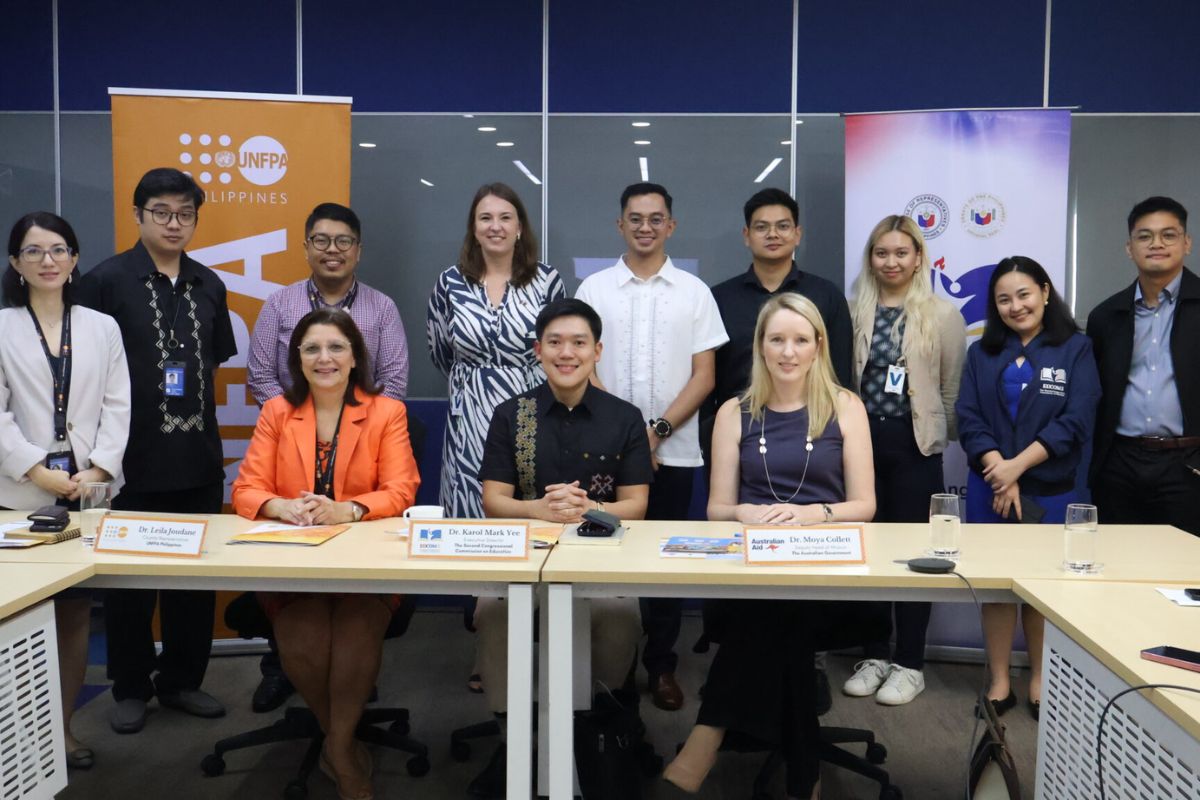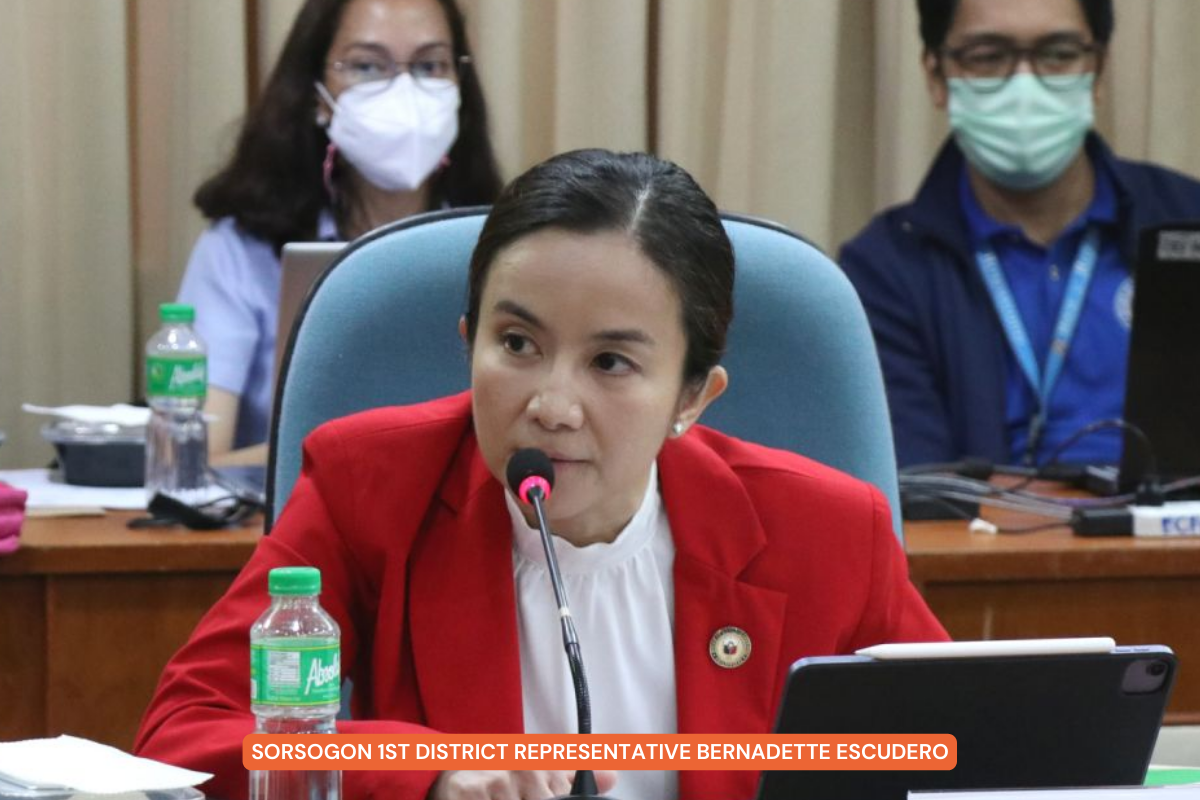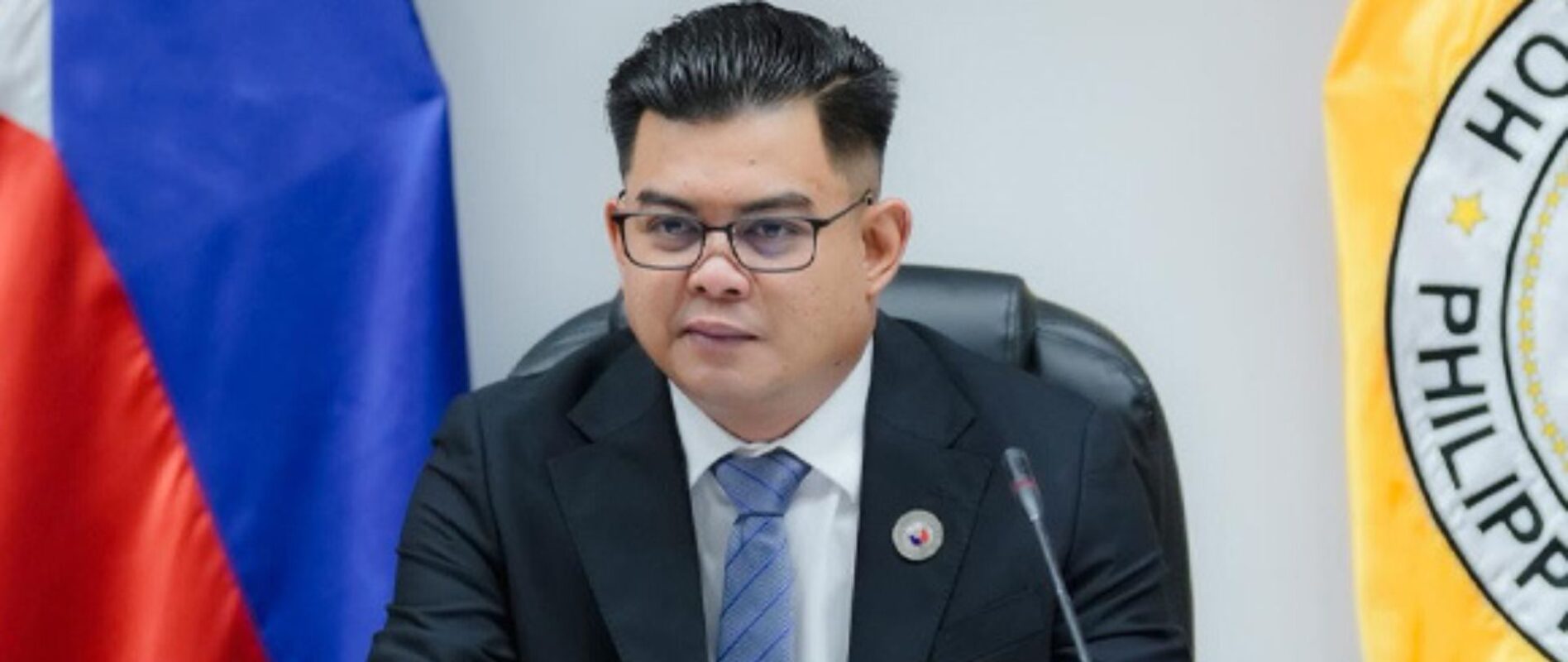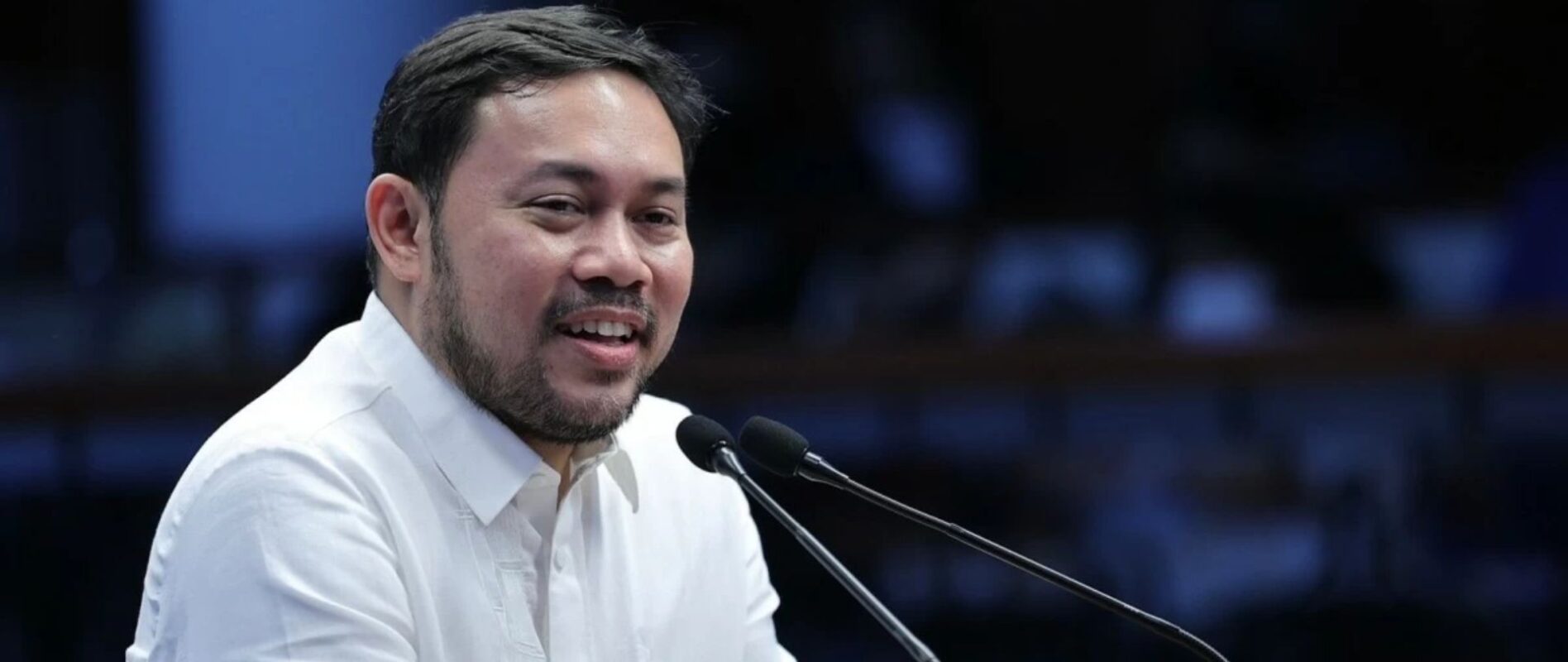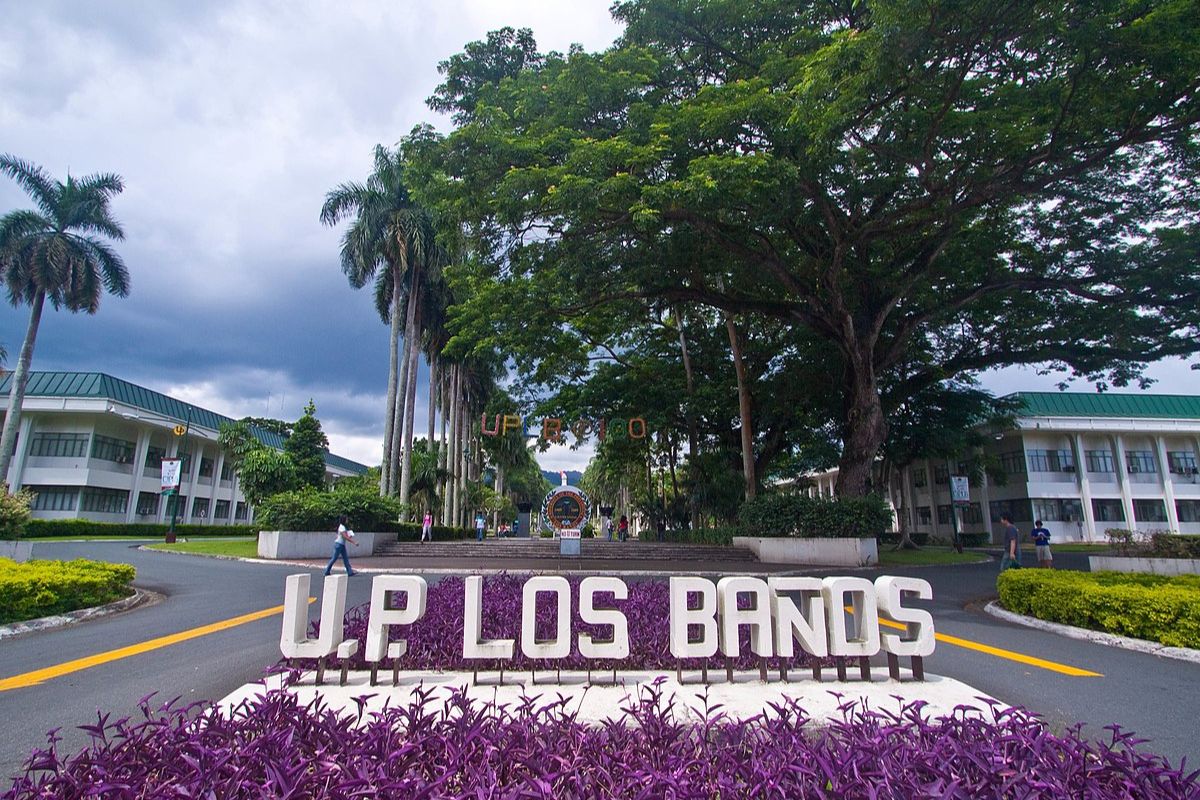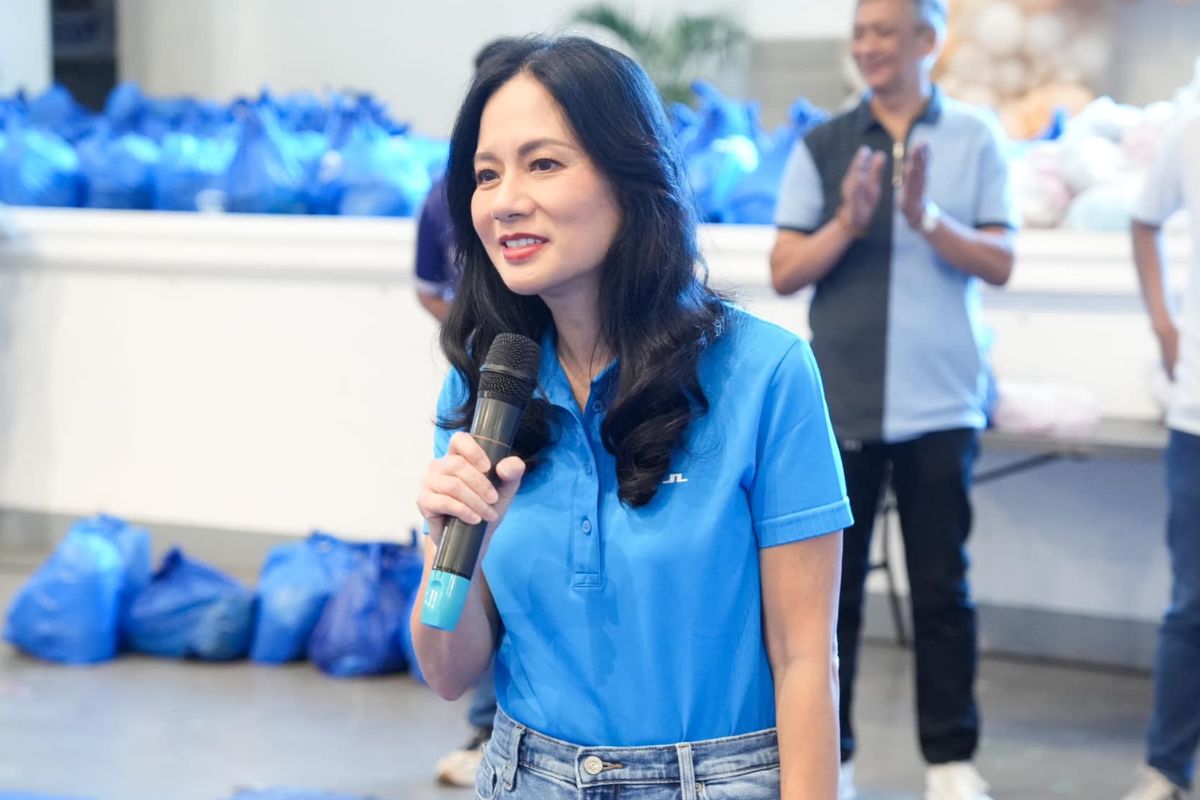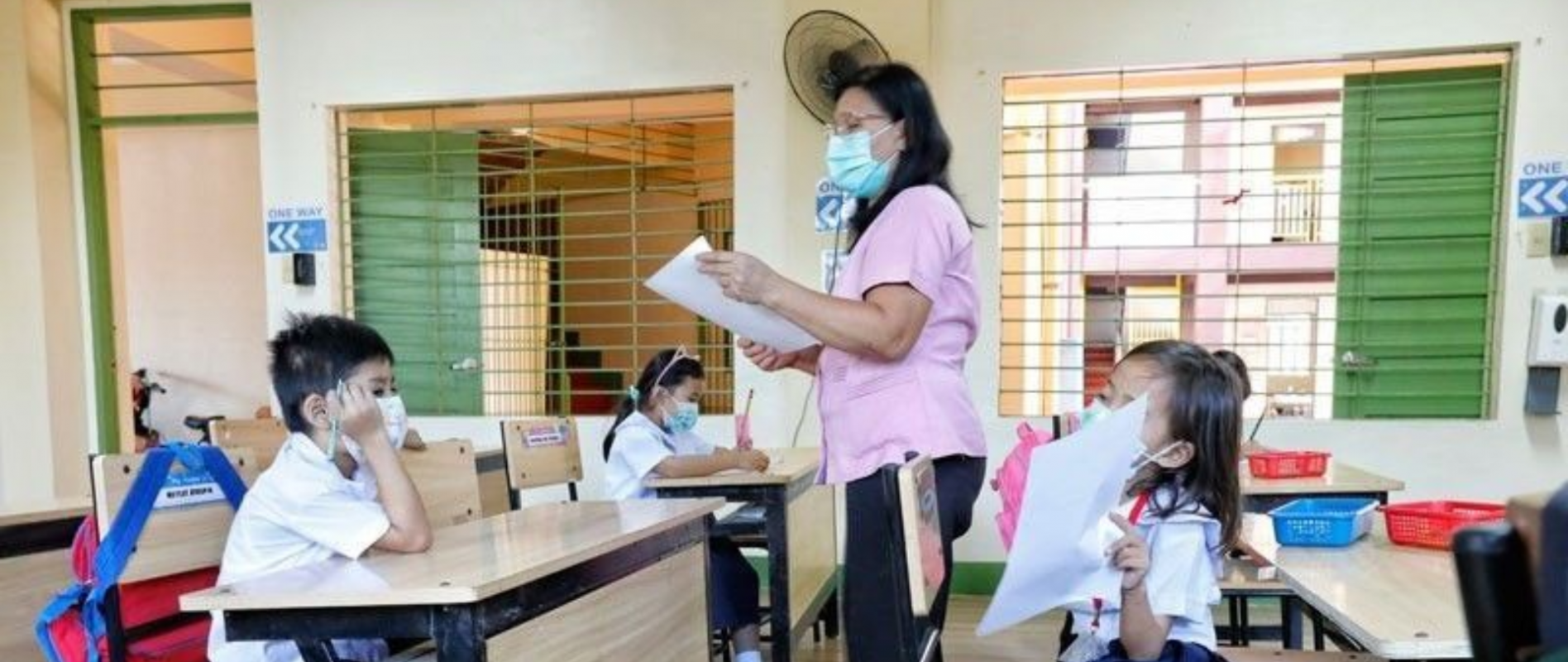EDCOM 2 PARTNERS WITH UNFPA TO SEEK DATA-DRIVEN REFORM THROUGH LANDMARK YOUTH STUDY
THE SECOND Congressional Commission on Education (EDCOM 2) and the United Nations Population Fund (UNFPA) have formalized a collaborative partnership aimed at driving data-driven reforms in the Philippine education sector.
UNFPA, an agency attached to the United Nations, provides an opportunity to explore the complex relationship between adolescent health and education for Filipino youth.
The partnership focuses on findings from UNFPA’s Longitudinal Cohort Study on the Filipino Child, a 15-year research initiative launched in 2016. The study tracks the lives of Filipino children, monitoring them from age 10 until they reach 24, or in 2030.
The study is designed to collect data capturing significant milestones from childhood to young adulthood, and to inform national policymaking and program planning, particularly regarding how development goals are contributing to maximizing the potential of Filipino youth.
“What we need to do so that your education system is reformed, is to diagnose, and prescribe the right solutions,” said Dr. Leila Saiji Joudane, UNFPA Philippines’ Country Representative.
Joudane emphasized that addressing issues affecting education can help policymakers implement solutions that will enable adolescents to stay in school and receive quality education.
EDCOM 2 looks forward to utilizing data from the landmark LCSFC to further inform its policy recommendations, especially given the rich opportunities for data.
“This is a humongous contribution to the work we do for Philippine education,” said EDCOM 2 Executive Director Karol Mark Yee.
“As we enter our final year, we are counting on this partnership, on this study, to help inform our policy recommendations in reforming our education system. We need partners like you who will sustain data-driven initiatives even after EDCOM is done,” he added.
Also present at the signing was Dr. Moya Collett, Deputy Head of Mission from the Australian Department of Foreign Affairs and Trade, who expressed strong support for the collaboration.
“The Australian government has been supporting Philippine education for about 30 years now. I hope this Longitudinal Cohort Study will really help EDCOM 2 in pushing for data-driven policies,” she said.

